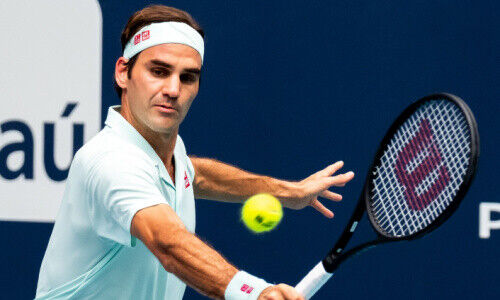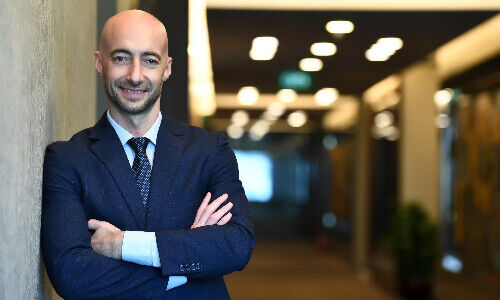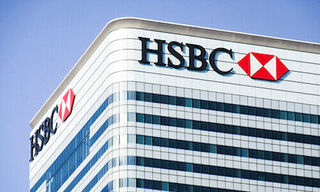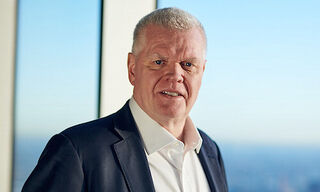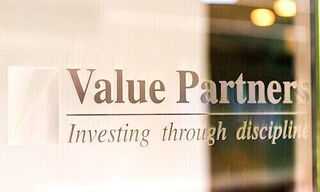Swiss tennis great Roger Federer announced his retirement from his day job yesterday but will continue as a brand ambassador for Credit Suisse.
Roger Federer will retire from tennis next week when the 41-year-old plays his last match in London at the Laver Cup, a tournament of which he is one of the founders. He won't be just going off into the sunset and out of sight and, among other pursuits, will still be busy with Credit Suisse, the bank of which he has reportedly been a client since 1981 and a global brand ambassador since 2009.
He certainly doesn't need to keep playing tennis for the money. According to a recent «Forbes» article, Federer is estimated to have earned $90 million over the past year, making him the highest-paid tennis player over the past 17 years. Even after taxes and fees for agents, that is not too shabby an inflow into a bank account.
Still Keeping Busy
The relationship with Credit Suisse will continue and his retirement from the sport «is a big loss for tennis, but we fully support Roger’s personal position and look forward to continuing our longstanding partnership with him,» Credit Suisse said in a statement to finews.asia.
Also likely to continue to keep him busy in his post-tennis career is the Roger Federer Foundation which was set up in 2003. It seeks to help vulnerable children get access to education in several countries in Africa and Switzerland. To date, the foundation has raised some $50 million, of which Credit Suisse has also played a part, contributing $1 million per year over a decade.
A Credit Suisse «Pioneers of Progress» series on the bank's website featured Federer in its first episode where he discussed various topics and the insights gleaned from experiences, including setbacks. One particular topic that was discussed was strategy and long-term priorities, which can be seen in a Credit Suisse video.
More than Just a Tennis Player
Credit Suisse, which bills itself as the «bank for entrepreneurs» sees that quality in Federer as well. As part of the series, former CEO Thomas Gottstein said that «Roger Federer is not only the greatest tennis player in the history of the men's game. He's a great family man, he believes in charity and giving back, but he's also an entrepreneur.»
A knee injury in 2016 left him wondering about his future and what might come after a sporting career. He was often asked about retirement, and said that «I know I cannot play tennis forever, but it is something special to do something well in life». That career is now ending, but not before a post-injury revival that by 2018 allowed him to reclaim the number one ATP ranking at 36. Another record.
Long-Term Strategy
A mindset focused on long-term goals helped Federer overcome such adversity and challenges. «As great as it is to achieve short-term goals, you need to use them to motivate and inspire you – always keeping your eye on the long-term plan and the big picture,» Federer says in the episode.
Credit Suisse is currently going through a period of its own adversity and is undertaking a review of the bank's strategy under new cost-cutting CEO Ulrich Koerner who replaced Gottstein following the bank's second-quarter results.
Ironically the Pioneers episode carries an interesting passage. «A business with a clear sense of purpose will use its strategy to help shape the decisions it makes. That might even mean turning down opportunities that don't align with stated, long-term business priorities.»
It goes on to say that «a business without such a strategy could easily become reactive, losing its sense of purpose, investor confidence, and competitive edge.» Sound familiar?
Credit Suisse's advisory board would perhaps be well served to heed some of his insights since he's already on the payroll.

